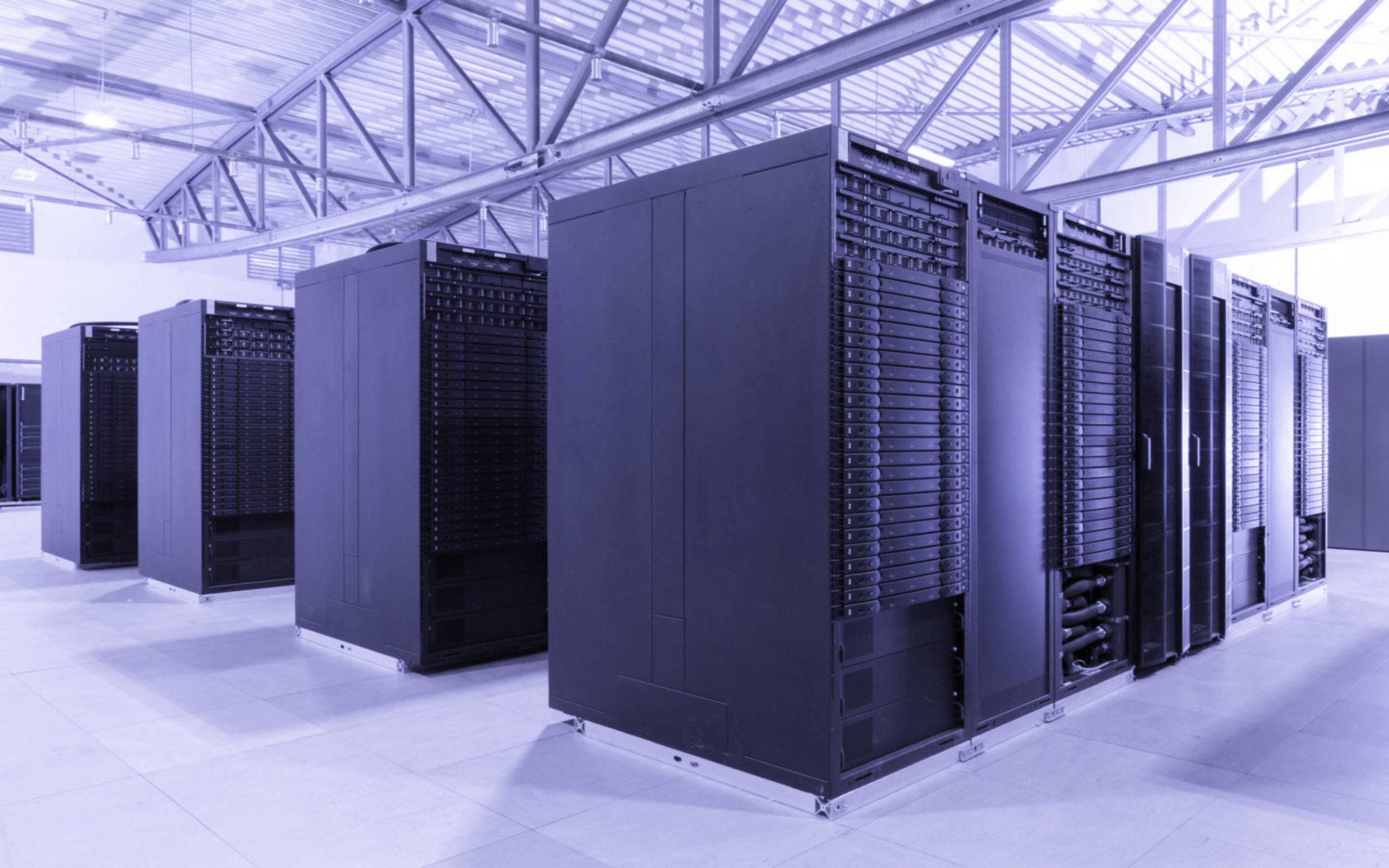A team of researchers at the Oak Ridge National Laboratory in the United States, belonging to the American Department of Energy, is using Summit, the world’s most powerful supercomputer, to help fight COVID-19. This supercomputer, developed by IBM for this department, is being used to identify and study drug compounds that can be used to find a cure for the SARS-CoV-2 coronavirus, responsible for COVID-19.
Viruses infect cells by attaching to them and injecting their genetic material into the host cell. To understand how viruses work, researchers grow the microorganism and study how it reacts when different drug compounds are applied to it, but this can be a very slow process if computers that can perform digital simulations are not used to reduce the range of potential variables. And even with them, there are challenges. Computer simulations can examine how different variables react with different viruses. The problem is that each of these individual variables can be made up of millions or even billions of unique data, so their analysis is very difficult and time-consuming using basic hardware.
However, thanks to the power of the Summit supercomputer, Oak Ridge National Laboratory researchers have been able to simulate 8,000 compounds in a matter of days. If this procedure had been developed with a conventional computer, the process would have taken months. Using Summit, the researchers have identified 77 small molecules of drug compounds that have been shown to have the potential to damage COVID-19’s ability to attack and infect host cells.
“Summit was needed to quickly get the simulation results we wanted. It took us a day or two in what would have taken months with a normal computer, “said Jeremy Smith, director of the University of Tennessee / ORNL Center for Molecular Biophysics and principal investigator of the study. “Our results do not mean that we have found a cure or treatment for COVID-19. However, we are very hopeful that our computational findings will serve the studies and provide a framework that experimenters will use to further investigate these compounds. Only then will we know if any of them exhibits the necessary characteristics to mitigate this virus
The world’s most powerful supercomputer
The researchers have been able to take advantage of the enormous capacity of data processing from Summit, the world’s most powerful and smartest supercomputer, with a peak performance of 200 petaflops, similar to a power greater than that of a million high-end laptops. This allows you to examine thousands upon thousands of variables, and create models and simulations to help find answers to the world’s most complex problems. Since debuting in 2018 as the world’s most powerful supercomputer, Summit has been part of groundbreaking research focused on, for example, understanding the origins of the universe, helping to understand the opioid crisis in the United States, or showing how humans could land. In mars. Summit runs on 9,216 IBM Power9 CPUs and over 27,000 NVIDIA V100 Tensor Core GPUs and takes up space similar to that of two tennis courts.
This research is only one example of the different supercomputing initiatives that are currently being developed to fight against COVID-19, both in the private and public spheres. Another example of this is Sierra, the second most powerful supercomputer in the world, also developed by IBM, and capable of doing more calculations in a second than a human could do in 31,000 million years. The Lawrence Livermore Lab of the United States is using Sierra to try to figure out which antibodies could attack the virus and neutralize it.
Free IBM Clinical Development
On the other hand, IBM Watson Health has made IBM Clinical Development (ICD) technology available to national health entities, free of charge. This system can help expedite the clinical trials required for the accelerated development of COVID-19-fighting drugs. The system centralizes and organizes clinical trial data and provides 24-hour access, 7 days a week, through a single URL from any web-enabled device.
IBM software was first offered to Chinese health officials, and with the spread of the disease, IBM is now offering it free of charge to a broader network of national health entities. This product has been on the market for several years and is being used by clinical research centers and organizations participating in clinical trials sponsored by pharmaceutical and biotechnology companies to carry out their work in monitoring clinical trials.

